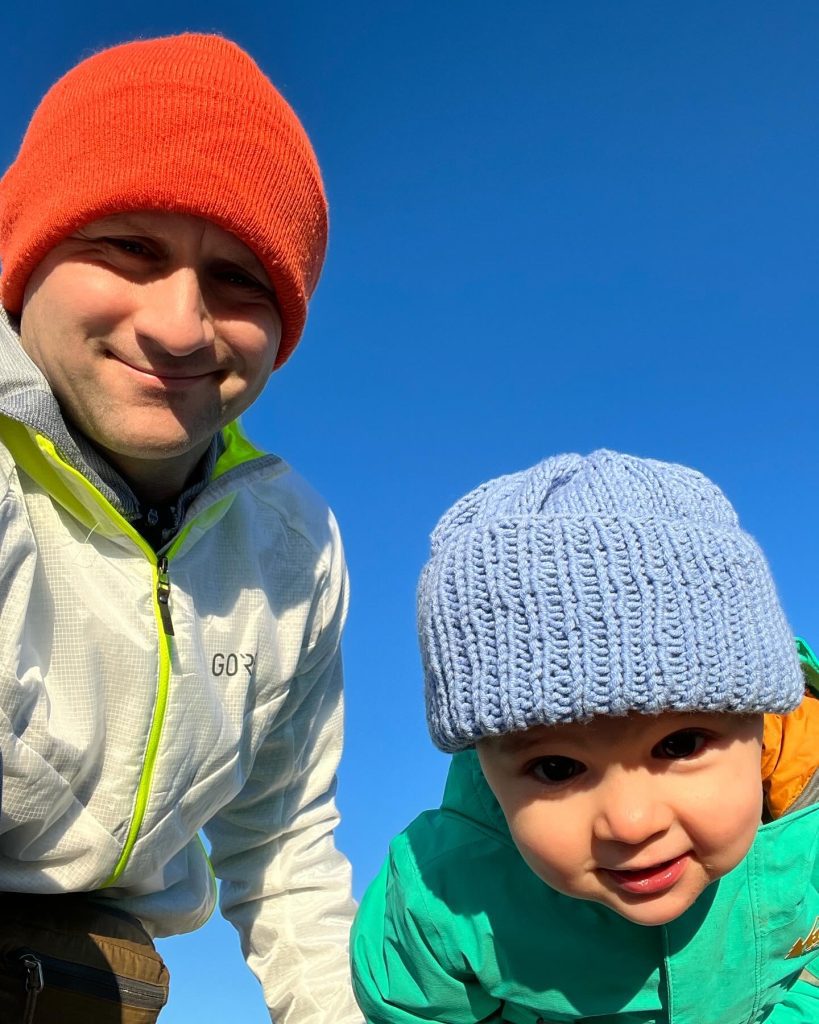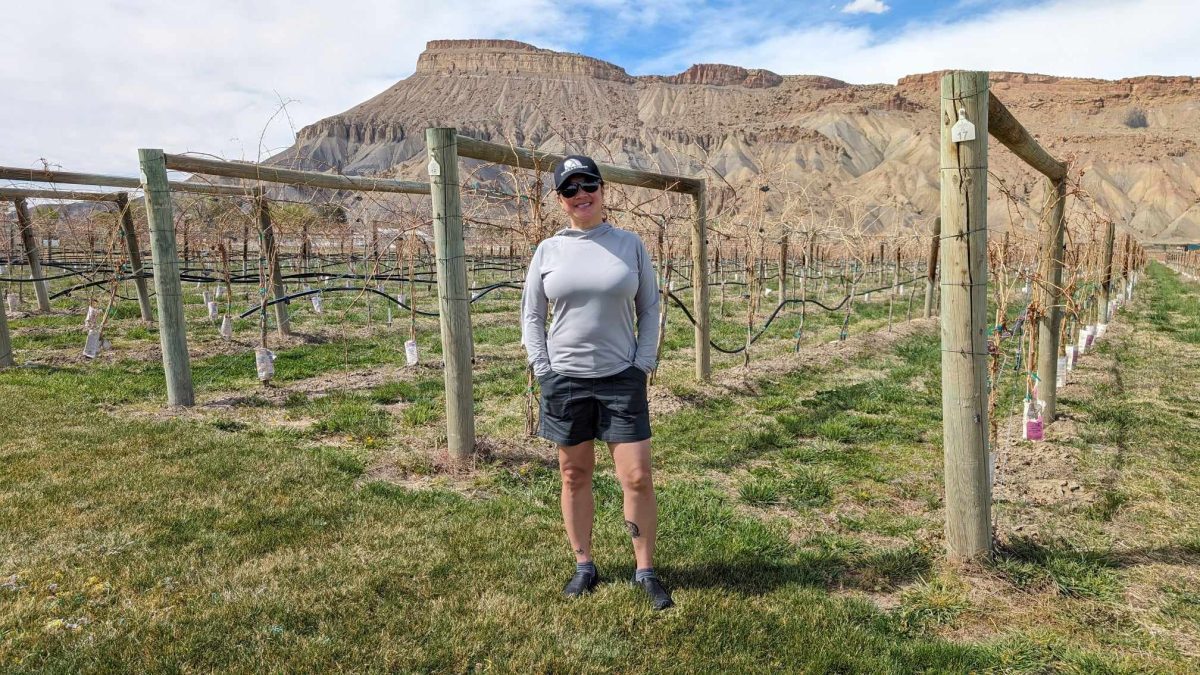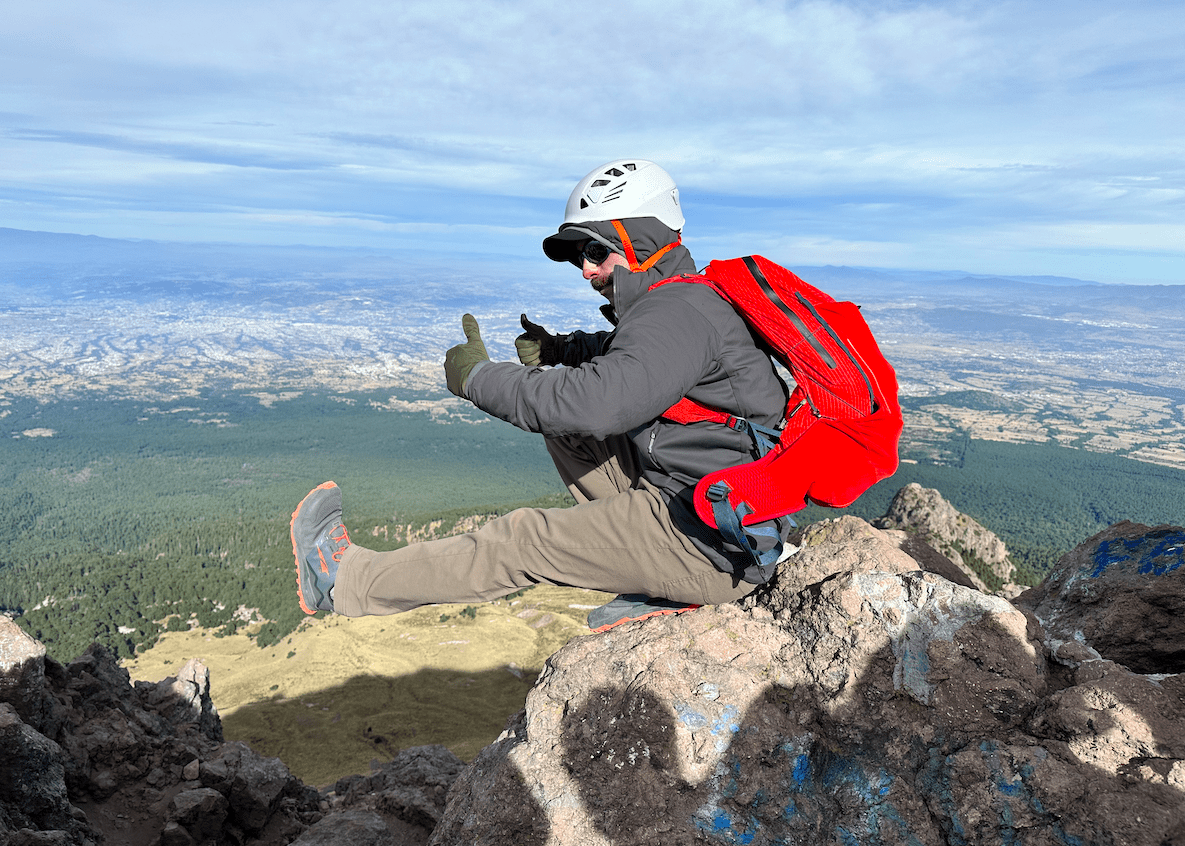Sustainability Talk: NEMO Shows Sustainability is for Small Brands Too
Marca Hagenstad January, 2020
NEMO’s fundamental belief is that adventure makes us better human beings, giving us purpose and perspective. Their goal is to design the most creative gear to improve the experience of adventure. The name “NEMO” started out as an acronym for “New England MOuntain Equipment” and was a nod to Jules Verne’s Captain Nemo, a 19th century adventurer, moral crusader, and engineer.

NEMO not only makes high quality outdoor gear, but prioritizes protection of places we adventure. I met Theresa Conn, NEMO’s Sustainability Manager, at the Outdoor Industry Association (OIA) Sustainability Working Group at Outdoor Retailer and was immediately impressed by a small company doing so much. They minimize their own impacts and join industry forces to collectively make their voices heard in the political arena.

At NEMO, every staff member contributes to minimizing impacts and maximizing actions. The result is a team motivated to tackle challenges ranging from minimizing waste to finding lower impact materials, such as shifting from long to short-chain water repellents. NEMO was one of the first small brands to complete the Higg Index, developed out of an original concept by OIA to evaluate environmental impacts throughout the supply chain and pinpoints areas for improvement. NEMO aims for continuous improvement. They have shown that sustainability is not just for large brands, but for all brands.
Theresa also shared that they value transparency and are gearing up to prepare annual sustainability reports. However, they are still at an early stage and are focused on getting a foundation of their baseline before publishing reports. This is a good reminder that sustainability is a journey, not a box to check. Their focus is implementing the Higg Index suite of tools throughout their internal team and broader supply chain. The Higg Index promotes transparency, and helps brands and vendors collaborate on sustainability projects.

In 2019, NEMO participated in the inaugural year of OIA’s Sustainability Boot Camps. These boot camps are designed to help small to mid-sized brands accelerate sustainability improvements. In the bootcamp they learned how to design and implement a vendor onboarding program to train new vendors on sustainability. Since suppliers typically account for 78% of a company’s environmental impact, it is important to engage them. NEMO created a questionnaire to ask their vendors about their previous work in sustainability and were pleasantly surprised to learn that a lot of their vendors had already been taking action and want to get appropriate certifications, take care of their employees and “do the right thing.”

Following the boot camp, NEMO conducted a sustainability-focused vendor trip. Theresa and a teammate visited suppliers in China and made great progress talking in person about sustainability: exploring how to implement tools such as the Higg Index and what opportunities exist in energy and water efficiencies. They also visited NEMO’s main warehouse in California and examined how goods were packaged by vendors. They found wide variations in packaging: carton thickness, use of polybags, unnecessary packaging, and unnecessary yellow banding. So they created a standard for packaging which was shared with all vendors. In developing the standard, they asked all vendors for performance specifications on products and for certifications for compliance with various standards. They incorporated those needs into the standard and distributed a one-page document stating packaging expectations, including specifications for box sizes, preferred materials, and use of recyclable emblems. Elimination was preferred where possible: i.e., no packaging. They removed use of polybags from many products. Where packaging was needed, they recommend “low packaging,” use of recycled and recyclable materials, and use of reusable stuff sacks. Creation of a packaging standard will result in significant waste reduction for years to come and will increase use of recycled and recyclable materials.

NEMO Equipment Sustainability
NEMO magnifies their impact by participating in outdoor industry collective power. Each year the outdoor recreation industry supports 7.6 million American jobs and generates $887 billion in revenue – which is bigger than oil and gas extraction, agriculture and pharmaceuticals. Kate Ketschek, who does PR for NEMO, talked with me about NEMO’s trips with OIA to Washington, DC to lobby for public lands access and conservation. At a time where partisanship is halting progress on many issues, NEMO and OIA take time to listen and have true dialogue with representatives on topics related to the outdoors – a common ground on which we can come together. The passing of the Public Lands Act in 2019, the most sweeping conservation legislation in a decade, was a collective success and will protect millions of acres of land and hundreds of miles of wild rivers across the country. Check out www.votetheoutdoors.org to learn more and see what you can do. The OIA has provided an easy, non-partisan way to keep up with your representatives and their support of outdoor recreation issues.
Theresa acknowledged that for small or big brands, you are never going to know the perfect way forward. We talked about the Theory of Change, and she highlighted that there is more than one theory and you don’t need to wait to find the best way. She said what is important is if we are motivated to act today, and with the U.S. pulling out of the Paris Accord, we don’t have time to find the perfect way – we just need to act.
Sustainability Resources for Small Businesses:
- Getting Started Toolkit from OIA
- Climate Change Reduction Toolkit from OIA
- Develop a Sustainability Action Plan from Washington University
Marca Hagenstad

Marca Hagenstad is a snowboarder with an economics problem. She enjoys backcountry splitboarding but spends most of her time working to save snow through climate mitigation and helping companies reduce their environmental impacts.
Marca has determined the economic values of snow for the UN IPCC and for Protect Our Winters (POW). She founded Circle Economics in 2018 to facilitate the transition to a sustainable and circular economy. She helps companies measure their environmental, economic and social impacts in industries ranging from manufacturing to utilities.

Her training by the Sustainability Consortium, created to transform the consumer goods industry, enables her to advise clients on sustainable business strategy and responding to sustainability indices. She advises clients to go beyond compliance, turning data into insights to guide profitable business strategy.
Marca has a B.A. in Economics from the University of North Carolina at Chapel Hill and an M.S. in Economics from Utah State University. She tests splitboards for Backcountry Magazine and teaches snow science with Winter Wildlands Alliance (WWA).







Leave a Reply